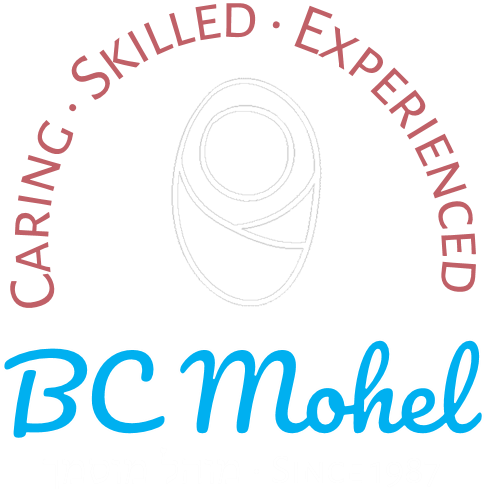
the ceremony

The big day is coming up, and you want to be well informed and “have all your ducks in a row”. Below we have compiled a list of the basic elements that you should keep in mind while planning your celebration.
In order to insure that you are fully prepared and have the all necessary details worked out, please contact Rabbi Schtroks and speak to him directly.
Introduction
Infant circumcision is one of the most common surgeries performed throughout the world. More than half of the men in the world are circumcised, and the far majority get circumcised as infants. The procedure that has been developed over the last few thousand years within the Jewish community is highly accurate and remarkably fast, normally taking about 15 seconds. In sharp contrast, circumcision performed in hospital settings ranges from 15 minutes up to 45 minutes. The standards of hygiene utilized for this procedure are mirrored after hospital surgical standards.
time & place
The brit is performed anytime between sunrise and sunset on the eighth day from when the child was born. If health complications delay the circumcision, it is performed after the stable health of the child is confirmed.
The Brit can take place in the place you feel most comfortable. It can be done in your home, or a public venue such as a social hall or Synagogue.
supplies
A side table (any size and height)
2 armless chairs next to a window
3 large (bath size) towels
A sealed bottle of sweet (NOT dry) kosher wine
3 light baby blankets, known as "receiving blankets"
4 disposable diapers size 1 (not newborn size)
(Try to adjust the feeding time from the night before the Brit so that a feed should end roughly 45 minutes prior to the Brit)
honors
(Traditionally a few people take a roll in the ceremony of the Brit Milah, these roles are customarily given as a honor to persons that the parents of the child chose.)
Kvatter - brings the baby into the ceremony, usually a married couple
Placing the baby on the throne of Elijah
Lifting the baby from the throne
Sandak - holds the baby during the bris
Lifting the baby - from the Sandak
Standing Sandak - holds the baby during the naming
Blessings & Naming - Blessing over a cup of wine and Naming the baby.
Baby naming.
Jewish names are the hallmark of Jewish identity. Jewish parents name their children for (departed) loved ones, for special events, or choose any Jewish name that they find beautiful. A Jewish boy's name is given at his circumcision, and a girl's name is traditionally conferred at the Torah reading shortly after her birth.
Our Sages tell us that the name of an individual reflects his character and essence. It is what connects him to his spiritual soul, serving as the conduit to his spiritual sustenance and nourishment. Therefore, the giving of a name is a serious undertaking and involves a great responsibility. The Kabbalist Rabbi Yitzchak Luria (known as the Ari HaKadosh) writes, “When a person is born and his father and mother give him his name…the Holy One puts into their mouth the particular name required for that soul.”
For a extensive list of popular Hebrew names:
Celebrate!.
It’s time to celebrate! Your little boychikel (boy) has just entered the convenant of his forefather Abraham and is on his path to a life of good deeds.
Traditionally, the formal portion of the Brit Milah is followed by a festive meal (as extensive or humble as you like) for all participants joined in the celebration. Customarily the meal includes bread, and the after blessing of Brikat Hamazon is recited with special prayers blessing the newly circumcised child, the family, and the occasion.
after care.
You lucked out!
Rabbi Schtroks has developed a special method of bandaging the child, so that in most cases there is zero after care required.
Hurray!

